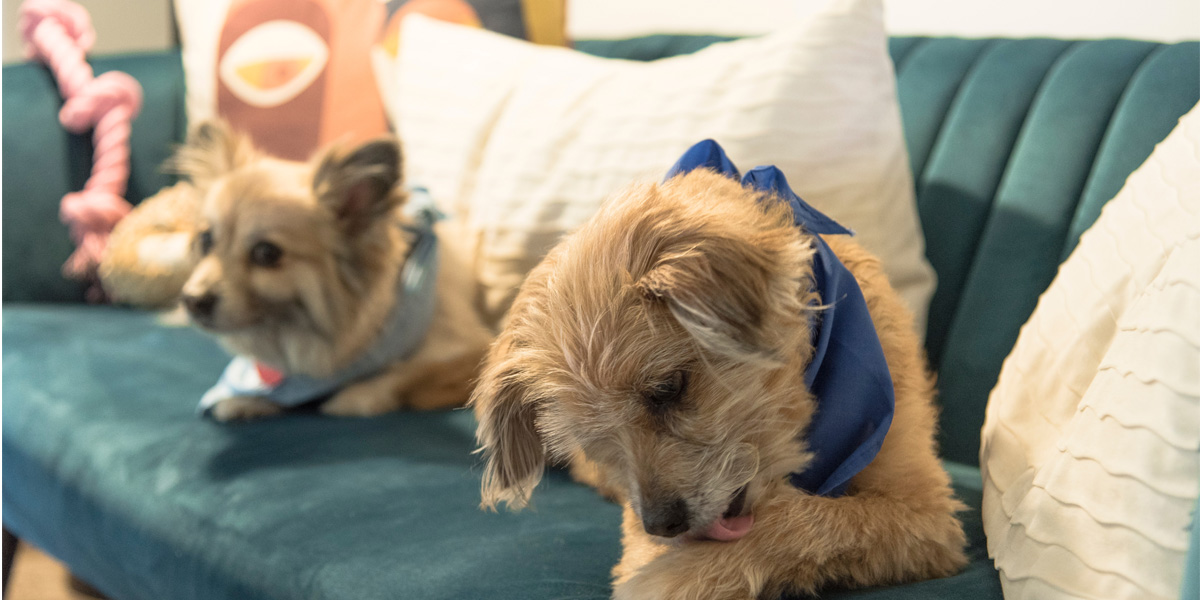
SAVE AN EXTRA $5 - $20 OFFUse code PETS in cart (Exclusions apply)

Save 40% with first AutoShipUse code NEW40 (Up to $40 max. Exclusions apply)

While efforts are made to answer all questions as quickly as possible, if an immediate answer is required or if your pet is in need of urgent or emergency care, contact your pet's veterinarian immediately.

You will receive an answer from Dr. Lindsay and our vet/tech team as soon as possible, usually the same day.
All answers are provided for informational or educational purposes only, and are intended to be a supplement to, and not a substitute for, the expertise and professional judgment of your pet's veterinarian.
It may be necessary to consult your pet's veterinarian regarding the applicability of any opinions or recommendations with respect to your pet's symptoms or medical condition.
Close
An error has occurred, please reload the page and try again.
Close
While efforts are made to answer all questions as quickly as possible, if an immediate answer is required or if your pet is in need of urgent or emergency care, contact your pet's veterinarian immediately.
There is no answer related to your question

Has your pet been licking their paws more than usual? Do they lick and lick for hours, leaving wet spots on your furniture? While it’s normal for pets to lick their paws as a part of their self-grooming routine, excessive licking can be a sign that they’re trying to tell you something. Here are the seven most common reasons cats and dogs lick their paws.
1. Anxiety
Anxiety can lead your pet to lick their paws as a self-soothing activity, similar to how sucking on a pacifier can calm a fussy baby. You might notice your pet licking away after a stressful trigger, like spending time around strangers if they struggle with reactivity, adapting to living in a new home or coping with the addition of a new family member.
2. Boredom
Boredom, too, can contribute to excessive paw licking. Your pet may lick their paws when they’re home alone, or on rainy days when they haven’t had enough exercise. If your pet doesn’t seem to lick their paws much when you’re around, but you regularly come home to a pet with wet, gnawed paws, it could be triggered by a mixture of separation anxiety and boredom.
3. Paw injuries
Paw injuries can cause a sudden onset of paw licking. Your pet could have gotten a pebble, a piece of litter, or another small object lodged between their paw-pads. If your pet goes outside, they could have gotten a splinter or a foxtail seed stuck to their skin. Paw burns from hot pavement in the summer are another common cause of irritated, painful paws.
4. Toenail injuries
Toenail injuries can also cause paw irritation and licking. Overgrown, ingrown, or cracked nails can prompt your pet to lick or chew their paws.
5. Allergies
Allergies are known to cause itchy paws in pets. Environmental allergens are often the culprit. Grass, pollen, mold, certain plants, as well as indoor allergens like dust mites, household cleaners, and fabrics can all cause contact allergic dermatitis. Sometimes paw licking will be seasonal, especially in the case of pollen and plant-based allergens.
6. Yeasty paws
Yeasty paws can also cause paw licking in pets. Every animal has bacteria and yeast colonies that live on their skin, and normally they do not cause any symptoms. But it’s not uncommon for pets to have a yeast overgrowth that makes their skin itchy and gives it a musty odor. Yeast infections in pets commonly take over the paws, facial skin folds, and ears, but can affect any part of the body. You can treat paw yeast with an antifungal shampoo at home, but if it doesn’t clear up, see your veterinarian.
7. Joint and nerve pain.
It’s common for pets to lick sore, painful areas of their body, similar to how we might massage an aching muscle to relieve pain. Paw licking can be an early sign of arthritis, or it could indicate a soft tissue injury. Or, it could be a reaction to tingling or numbness from a neurological issue or nerve damage.
Putting An End To Paw Licking
Excessive licking causes rust-colored staining on pets with light-colored fur. It can escalate to hair loss, open sores, and secondary skin infections.
Sometimes you can find the solution to your pet’s licking habit by observing their behavioral patterns and looking for accompanying symptoms.
If you’re still struggling to stop paw licking, schedule an appointment with your veterinarian.
 Swipe
Swipe